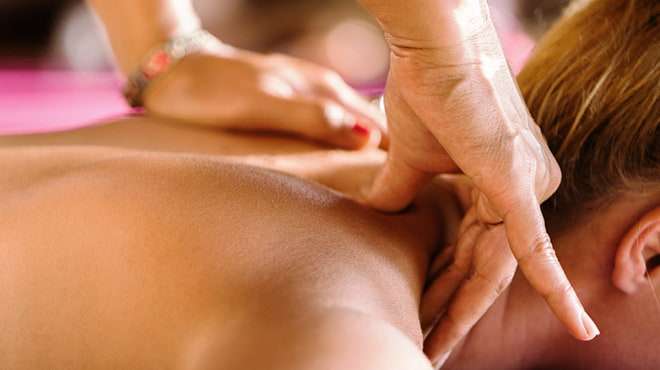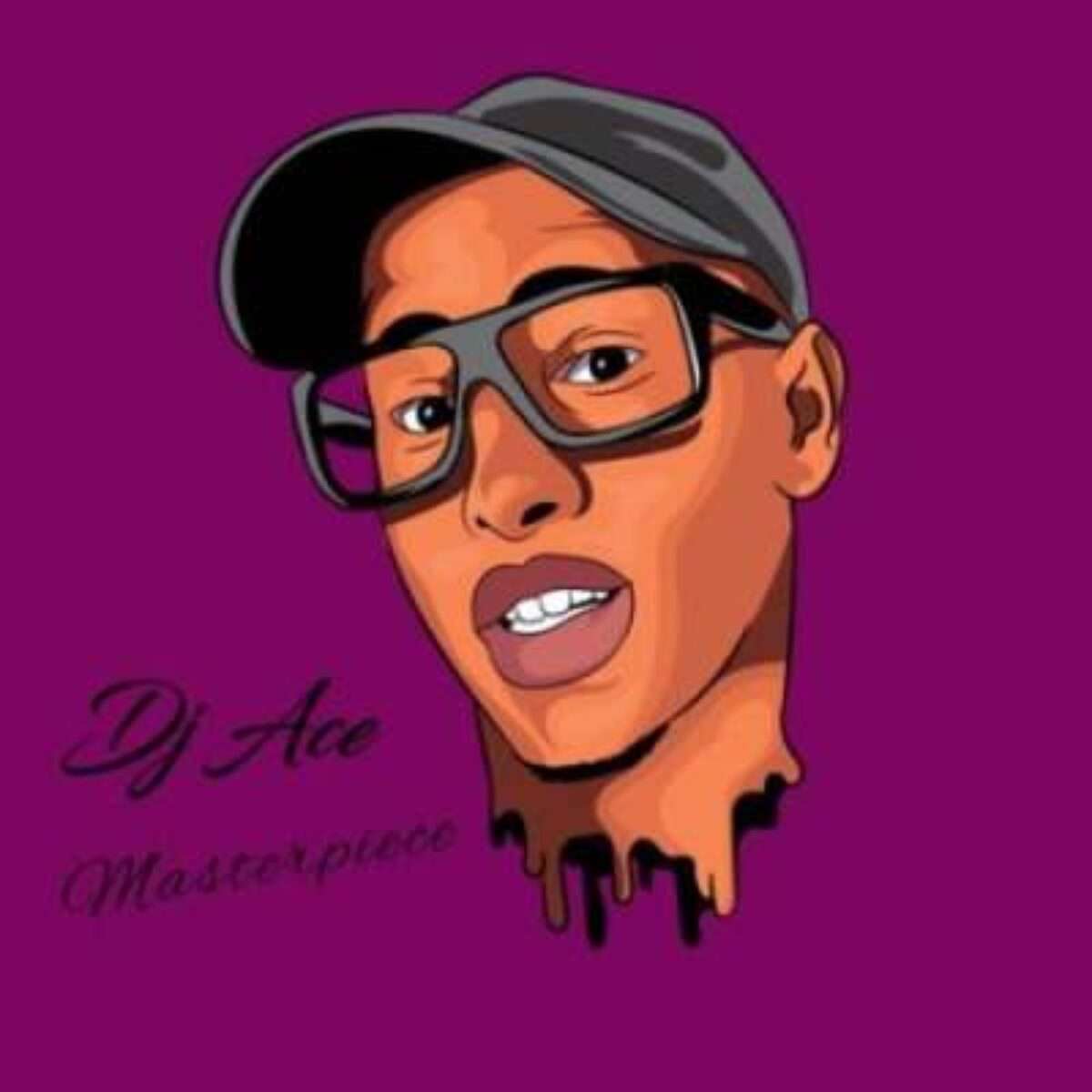Stress is an inevitable part of life. It is nearly impossible to remove all stress from day-to-day life. Stress is physiological and psychological responses to situations the body and mind find to be overwhelming.
Even situations perceived as good, like getting married, starting a new job or becoming a parent, can produce significant stress. When people struggle to cope with stressful situations, depression and anxiety symptoms can become more noticeable.
Massage therapy is one of many ways to cope with stress, and treat anxiety and depression.
Some people mistakenly believe that massage therapy is only for pampering yourself. While this is true for some people, it also helps manage anxiety, depression and insomnia.
Physical benefits of massage
A massage does more than just feel good. It can lower the amount of cortisol in your body. This hormone is produced when your body is stressed. It increases glucose in your bloodstream, enhances your brain’s use of glucose and curbs functions that are nonessential in a fight-or-flight situation.
A one-hour massage lowers cortisol in your body while also releasing serotonin. This hormone neurotransmitter is sometimes called the “happy chemical” because it reduces feelings of depression and carries signals between nerves and your body. By lowering cortisol and increasing serotonin, you’re boosting your body’s ability to fight off pain, anxiety and feelings of sadness.
Also, massage could be considered an hourlong hug, as it can fulfill the need for human contact and comforting touch. A session provides you with a nurturing safe place to physically rest.
Emotional benefits of massage
Massage provides many emotional benefits, which can be just as important as the physical benefits. Many people say that after a massage they feel more relaxed and calmer. It a safe and nurturing place for people to refocus and find clarity.
Massage can lower stress levels and feelings of anxiety. It can improve mood and relaxation while increasing confidence and self-image.
If you experience depression or anxiety, or are just overloaded with extra stress, massage can be an effective part of treatment. It can create a sense of relief and empowerment, and allow you to focus on your mind-body connection.
Massage therapists listen to your needs and concerns. They can develop a treatment plan to decrease stress and symptoms of anxiety and depression. Sessions range from 15 to 90 minutes in length. Therapeutic massage may help support you on your mental health journey.
[vc_row css_animation=”” row_type=”row” use_row_as_full_screen_section=”no” type=”full_width” angled_section=”no” text_align=”left” background_image_as_pattern=”without_pattern”][vc_column][vc_column_text css=”.vc_custom_1603899220337{padding-bottom: 25px !important;}”]Most people know massages are relaxing, but not many know how exactly massage effects our mental state. Several studies regarding the effect massage has on the brain and connection to anxiety and depression.
The most common discovery in massage research is the link between massage and decreased cortisol (a stress hormone) levels.1, 3, 4, 5, 6, 7 Cortisol fuels the body’s “fight or flight” instinct. Cortisol boosts energy so you can handle stress, manages how the body uses carbohydrates, keeps down inflammation, regulates blood pressure, increases blood sugar, and controls your sleep/wake cycle. But if levels are high for a long period of time, it can become a problem.
Constant stress can cause:
- Anxiety
- Depression
- Headaches
- Memory and concentration problems
- Trouble sleeping
- Weight gain
- Heart disease and more.
Massage can help lower cortisol levels to help the body get back to normal. A five week study observed the affects a 15 minute chair massage had on 26 adults versus a 24 adult control group asked to relax in a massage chair for 15 minutes. The study used EEG before, during, and after the first and last sessions. Additionally, the groups performed math computations, POMS Depression and State Anxiety Scales, and tested cortisol level in saliva before and after the sessions. In addition to lowering cortisol levels, the results showed the massage group experienced increased alertness, increased speed and accuracy on math computations, lower anxiety levels, and lower job stress scores.1
Cortisol is not the only chemical that plays a part in stress. Norepinephrine is another stress hormone. Dopamine helps regulate attention, learning, and emotional responses and plays a part in the reward system. Serotonin plays a part in regulating mood. They all play a role in stress. Massage helps to lower levels of anxiety and depressed mood, increase dopamine and serotonin levels, and decreased norepinephrine.6
In general, research supports massage therapy as effective part of treating anxiety and depression. 1, 2, 3, 6, 7 So when you are planning how to reduce stress, consider making massage a routine part of your self-care.
For more information about Beacon Health & Fitness Massage, CLICK HERE![/vc_column_text][vc_separator type=”normal”][vc_column_text css=”.vc_custom_1555524439874{padding-top: 25px !important;}”]Research Citations:
- Field, T., Ironson, G., Scafidi, F., Nawrocki, T.,Goncalves, A., Burman, I. , Pickens, J., Fox, N., Schanberg, S., & Kuhn, C. (1996). Massage therapy reduces anxiety and enhances EEG pattern of alertness and math computations. International Journal of Neuroscience, 86, 197-205.
- Diego, M.A, Field, T., Sanders, C., & Hernandez-Reif, M. (2009). Massage therapy of moderate and light pressure and vibrator effects on EEG and heart rate. International Journal of Neuroscience, 114, 31-44.
- Hernandez-Reif, M., Field, T., Krasnegor, J. & Theakston, H.(2000). High blood pressure and associated symptoms were reduced by massage therapy. Journal of Bodywork and Movement Therapies, 4, 31-38.
- Field, T., Grizzle, N., Scafidi, F., & Schanberg, S. (1996). Massage and relaxation therapies’ effects on depressed adolescent mothers. Adolescence, 31, 903-911.
- Sunshine, W., Field, T.M., Quintino, O., Fierro, K., Kuhn, C., Burman, I. & Schanberg, S. (1996). Fibromyalgia benefits from massage therapy and transcutaneous electrical stimulation. Journal of Clinical Rheumatology, 2, 18-22.
- Field T, Diego MA, Hernandez-Reif M, Schanberg S, Kuhn C. (2004). Massage therapy effects on depressed pregnant women. Journal of Psychosomatic Obstetrics & Gynecology, 25, 115-22.
- Field, T.M., Sunshine, W., Hernandez-Reif, M., Quintino, O., Schanberg, S., Kuhn, C., & Burman, I. (1997). Massage therapy effects on depression and somatic symptoms in chronic fatigue syndrome. Journal of Chronic Fatigue Syndrome, 3, 43-51.
[/vc_column_text][/vc_column][/vc_row]
It may be the ultimate in relaxation, but massage therapy benefits extend well beyond stress relief. In fact, research has shown massage to have positive effects on everything from sciatica pain and sleep apnea to tinnitus and heart disease. Is it time to add anxiety to the list?
Anxiety explained
Anxiety is more than occasionally feeling anxious. Generalized anxiety disorder is a mental health disorder that affects 6.8 million Americans, women twice as often as men. It usually develops gradually but can manifest at any age, commonly between childhood and middle age. Risk factors, according to the National Institute of Mental Health, include:
- Being shy in childhood
- Low economic status
- Being divorced or widowed
- Exposure to stressful life events, such as the loss of a family member or trauma
- A family history of anxiety disorders or other mental health disorders
- Having elevated cortisol (stress hormone) levels in the afternoon
People with anxiety worry excessively and persistently about any number of things — money, health, family, work and more. It’s generally diagnosed when a person reports being preoccupied with worry on more days than not. Other symptoms include:
- Feeling restless or “on edge”
- Being easily fatigued
- Difficulty concentrating
- Irritability
- Muscle tension
- Sleep problems, including difficulty falling or staying asleep, restlessness or sleep that fails to refresh
Anxiety can range from mild to debilitating and may prevent those affected from enjoying social situations, pursuing work advancements, traveling or trying in new experiences.
Massage therapy for anxiety
Anxiety is often treated with cognitive behavioral therapy, medication or a combination of the two. But alternative therapies are increasingly being considered for treating anxiety, and massage is proving effective.
The Mayo Clinic reports a 60-minute massage can lower cortisol, the stress hormone, by up to 30 percent after just one session.
A study published in the journal Depression and Anxiety found participants who received regular massage therapy for 12 weeks had a 50 percent reduction in anxiety symptoms. And the benefits weren’t short-lived either. Symptom reduction remained at 50 percent at the 26-week mark even after the therapy had ended.
In addition to its calming effects, massage therapy can help alleviate the symptoms of anxiety, including muscle tension and sleep disturbances. Experts recommend going in with an open mind and not talking or thinking about any sources of worry during the massage.
Don’t worry about not worrying, though, either. Instead, be prepared to test out some visualization techniques such as picturing yourself in a beautiful place, imagining yourself being completely relaxed or focusing on the areas of the body being worked on and envisioning the toxins being released. And remember, while you may experience immediate benefits, it will likely take several sessions to start seeing a lasting difference in your anxiety.
Other treatments for anxiety
Massage therapy for anxiety might be the most enjoyable treatment option, but your doctor may recommend other options as well.
Cognitive behavioral therapy
This is a type of psychotherapy that can help you learn different ways of thinking, behaving or reacting to anxiety-inducing situations. Part of your treatment plan may include exposure therapy that involves confronting fearful situations, which is particularly effective in people who have a social anxiety disorder. Cognitive behavioral therapy can be conducted individually or in a small group setting.
Support groups
Support groups allow participants to share their feelings and learn from one another’s experiences. Online support groups can be helpful, but be cautious of negative threads and misinformation. Whether in person or online, look for a group that’s moderated by a licensed therapist.
Everyday stress-management
Techniques, such as eating a healthy diet, exercising regularly and avoiding caffeine and illicit drugs are also recommended. Even certain cold medications have been found to exacerbate anxiety symptoms, so check with your doctor or pharmacist before taking anything new.
Medication is often used at the start of anxiety treatment to help get symptoms under control, in conjunction with cognitive behavioral therapy or when other treatments fail. Prescriptions commonly used to treat anxiety include anti-depressants, anti-anxiety medications, and beta-blockers.
Acupuncture
Acupuncture for anxiety has shown promising results in several studies, according to a review published in the journal Medical Acupuncture. One study suggests the practice helps the body regulate its fight or flight response, a key component of anxiety disorder.
Yoga
It’s increasingly gaining notoriety as an effective part of an anxiety treatment plan. A German survey showed a 30 percent self-reported reduction in anxiety symptoms after participants took two classes per week for three months. Researchers suspect the combination of physical activity and yoga’s meditative qualities are responsible for its effects on anxiety.
Get started today
Worry doesn’t have to rule your life. Get started on the path toward reduced anxiety by booking a Zeel massage, and talk to your doctor about other therapies that might be right for you.



